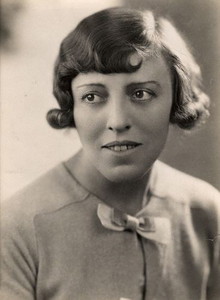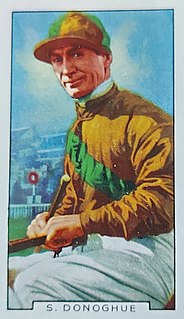A Quote by Cathleen Schine
'Emma' is my favorite Jane Austen novel - one of my favorite novels period; a novel about intelligence outsmarting itself, about a complicated, nuanced, irresistible heroine who does everything wrong.
Related Quotes
In general, I think every novel is a political novel, in that every novel is an argument about how the world works, who has power, who has a voice, what we should care about. But political novels can be boringly polemical if they end up being too black and white, too one dimensional, like war is bad, killing people is wrong.
The latest gorgeous entry in the Belknap Press' growing library of annotated Jane Austen novels arrives, this time the mighty Emma under the exactingly careful guidance of Bharat Tandon of the University of East Anglia. Belknap has once again done its end of the job superbly: the book is a physical treat-luxuriantly over-sized, heavy with quality paper and solid binding, decked out in a beautiful cover and dozens of well-chosen illustrations throughout. This is one of the prettiest Jane Austen volumes available in bookstoresthis season.
Here was a woman about the year 1800 writing without hate, without bitterness, without fear, without protest, without preaching. That was how Shakespeare wrote, I thought, looking at Antony and Cleopatra; and when people compare Shakespeare and Jane Austen, they may mean that the minds of both had consumed all impediments; and for that reason we do not know Jane Austen and we do not know Shakespeare, and for that reason Jane Austen pervades every word that she wrote, and so does Shakespeare.
The point is, that the function of the novel seems to be changing; it has become an outpost of journalism; we read novels for information about areas of life we don't know - Nigeria, South Africa, the American army, a coal-mining village, coteries in Chelsea, etc. We read to find out what is going on. One novel in five hundred or a thousand has the quality a novel should have to make it a novel - the quality of philosophy.
The difference does not lie in the things that news does that novels do not do, but in the things that novels do that news cannot do. In other words, this basic technique of news - just one among many - is something a novel can use, but a novel can deploy a multitude of other techniques also. Novels are not bound by the rules of reportage. Far from it. They're predicated on delivering experience.






































